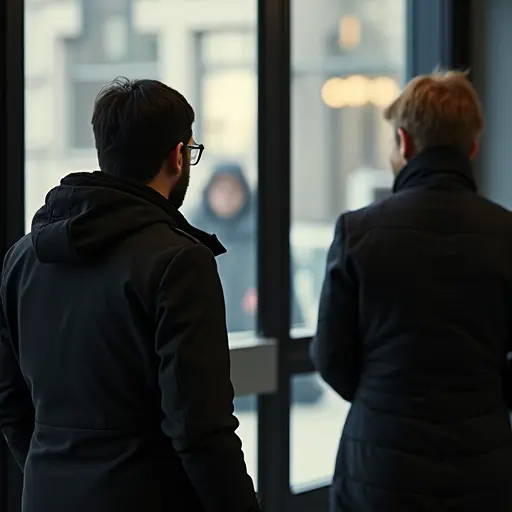
Political Turmoil Over German Constitutional Court Appointments
A scheduled vote to appoint three new judges to Germany's Federal Constitutional Court was abruptly canceled amid plagiarism allegations against a nominee, exposing deep fractures in Chancellor Friedrich Merz's coalition government. The last-minute controversy centers on Frauke Brosius-Gersdorf, a candidate proposed by coalition partner SPD.
Controversial Candidate
Christian Democrats (CDU/CSU) had previously opposed Brosius-Gersdorf due to her past advocacy for abortion rights. New plagiarism allegations emerged just hours before the Bundestag vote, citing similarities between her doctoral thesis and her husband's later publication. Controversial plagiarism researcher Stefan Weber identified problematic passages but noted her work preceded her husband's by three years, making authorship unclear.
Coalition Crisis
The SPD reluctantly agreed to postpone the vote after CDU/CSU threatened to reject their nominee. SPD parliamentarian Dirk Wiese condemned the situation: "I never imagined we'd have debates about our Constitutional Court like those in the US or Poland. This is no good day for German democracy." The incident damages trust between governing partners just before summer recess.
Political Fallout
Far-right AfD, the largest opposition party, exploited the chaos. AfD member Bernd Baumann declared it proof of the government's "absolute instability." The controversy emerges as the Constitutional Court considers whether to ban AfD, recently classified as "proven extremist" by domestic intelligence.
Next Steps
With parliament entering recess, judicial appointments are delayed until autumn. The SPD must decide whether to maintain Brosius-Gersdorf's nomination pending plagiarism investigation. The Federal Constitutional Court, established in 1951, safeguards Germany's Basic Law with powers to invalidate unconstitutional legislation.

 Nederlands
Nederlands English
English Français
Français Deutsch
Deutsch Español
Español Português
Português







